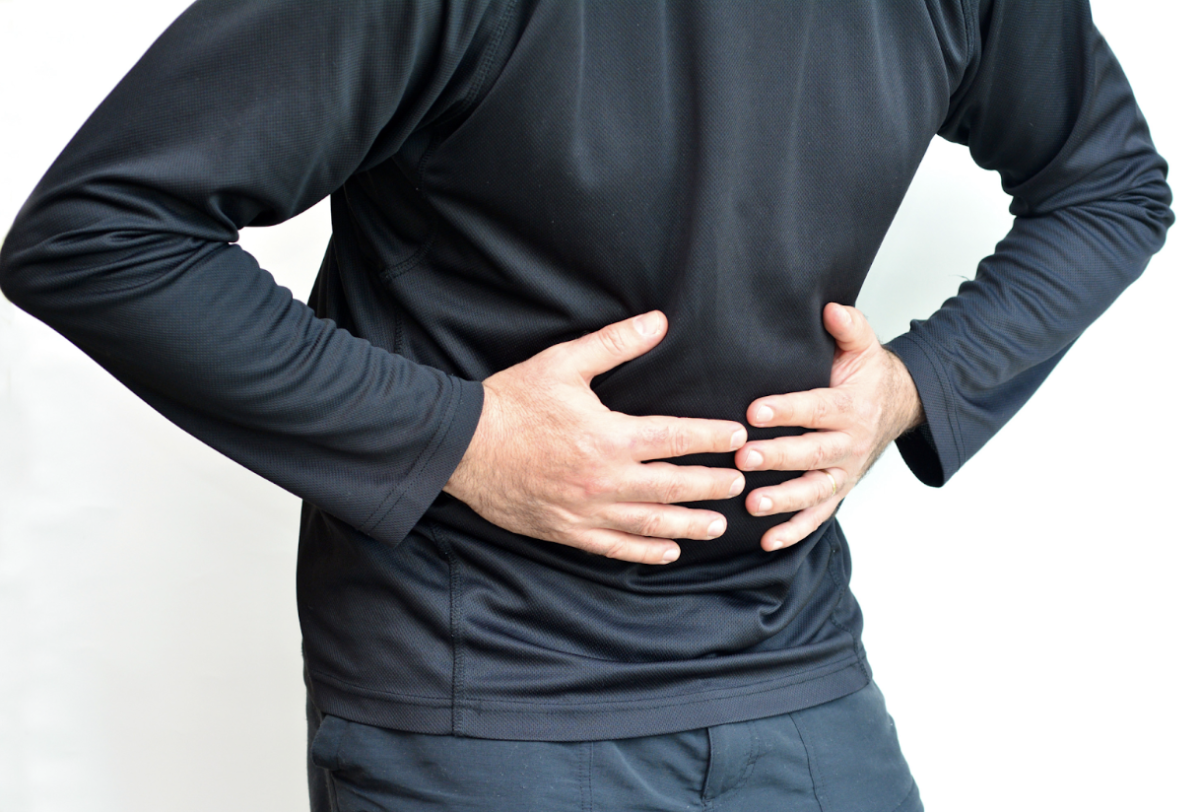Seasonal virus outbreaks are common, especially during the spring and summer. The fast-spreading intestinal norovirus is currently on the rise, and can stay in the body for up to two weeks, potentially causing intense symptoms like: diarrhea, vomiting, and body aches.Â
“If you feel any symptoms at school, come to the nurse because you need to be sent home immediately because of how fast the virus spreads,” school nurse Jazmin Vieyra, said.Â
The symptoms of norovirus tend to appear 12 to 48 hours after exposure. However, there are ways to avoid contracting the illness.Â
“The best thing a student can do if exposed is as simple as washing their hands because washing your hands minimizes the spread – it is the best thing to do. Another thing is, during an outbreak, to avoid sharing food with other people, and be mindful of cleaning your areas,” pediatric intensivist Jackson Memorial ICU, Dr. Jennifer Muñoz Pareja said.
Outbreaks most commonly happen from November through April. According to the CDC, about 2,500 reported outbreaks are in the United States. Outbreaks can infect anyone in any age range — the easily transmitted virus can easily be spread in schools due to infected people having direct contact with others, whether through sharing food, water, or touching infected surfaces.Â
To prevent contamination of norovirus, thoroughly and frequently washing your hands and cleaning contaminated surfaces is vital. According to Dr. Muñoz Pareja, refraining from sharing foods, utensils, and water with people is recommended. The foodborne virus commonly appears in fruits, vegetables, and shellfish, so ensuring your produce and seafood are thoroughly cleaned and cooked is also recommended.Â
There is no vaccine or medicine for norovirus because of its varying types. Over-the-counter antibiotics will not treat the infection because norovirus is not a bacterium but a virus, according to Dr. Muñoz Pareja. Antibacterial disinfectants and sanitizers will also not treat norovirus. The best thing to do when infected is to quarantine. It is common to get dehydrated while being infected, so drinking water will treat the loss of bodily fluids during the virus.Â








